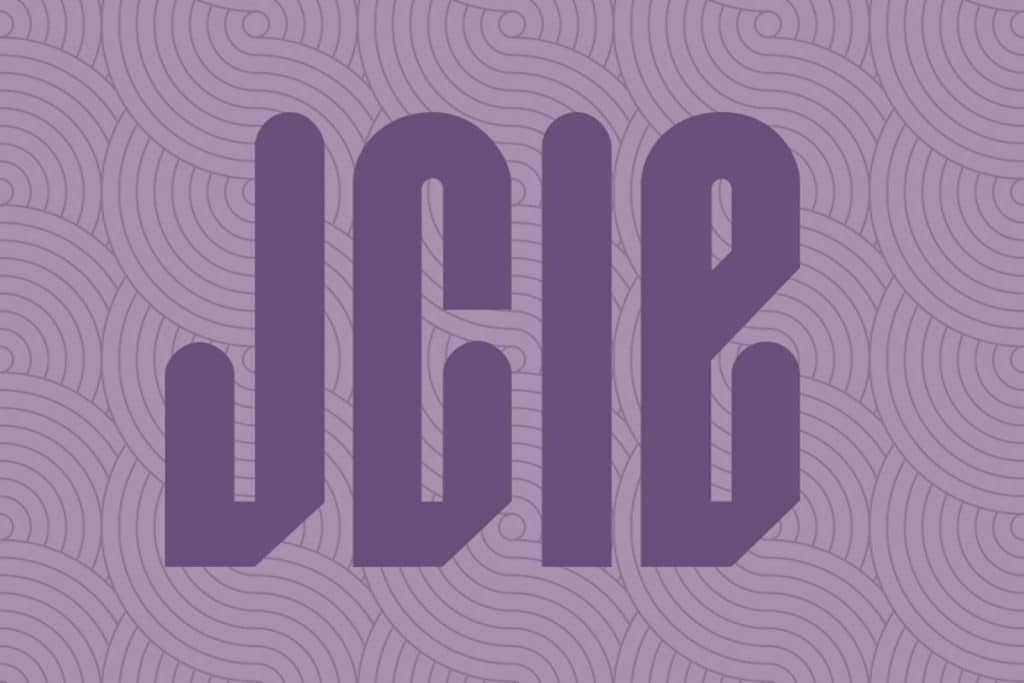Mr. Buzz Schmidt—Chairman and CEO of GuideStar—came to Japan as a guest of JCIE and held a seminar series from July 2–4, 2002 to discuss his organization’s activities with Japanese nonprofit sector leaders, politicians, government officials, and private sector leaders. His meetings included:
Seminar organized by the Japan Association of Charitable Organizations (JACO) and Japan Center for International Exchange (JCIE)
Seminar organized by the Japan NPO Center
Meeting with emerging political leaders involved in administrative reform, including:
YASUHISA SHIOZAKI, Member of the House of Representatives; Secretary General, Administrative Reform Headquarters and Chairman, Sub-Committee on International NGOs of Liberal Democratic Party
YOSHIMASA HAYASHI, Member of the House of Councillors; Deputy Director, Administrative Reform Headquarters of the Liberal Democratic Party
MOTOHISA FURUKAWA, Member of the House of Representatives; the Democratic Party of Japan
KEIICHIRO ASAO, Member of the House of Councillors; the Democratic Party of Japan
Meeting with AKIHIKO KUMASHIRO, Senior Vice Minister, Cabinet Office and Special Advisor on Promotion of Administrative Reform to the Prime Minister
Seminar with members of the Subcommittee on Philanthropy Infrastructure and Logistics Committee on Corporate Philanthropy, Japan Business Federation
GuideStar generates a US national free online database of nonprofit organizations, detailing more than 950,000 Internal Revenue Service (IRS) recognized nonprofit organizations. The organizations listed in the database are divided into categories defined by the US Congress, including human services, education, health, etc. The GuideStar database utilizes the information contained in the IRS Forms 990, which are informational documents filed annually by 250,000 nonprofits with the IRS by, as well as further descriptive information currently provided directly by 59,000 NPOs. The database includes detailed information for each organization—financial statements, the board of directors, accomplishments, objectives, and a PDF file copy of the Form 990—and allows users to compare similar organizations within the database. The users of the database include donors, NPOs, grantmakers, media, government, professionals, and researchers. GuideStar’s activities are not limited to the database alone, as GuideStar also provides data platforms for other websites, i.e. online giving websites. GuideStar also shares a common system with the National Association of State Charities Officials (NASCO) in order to rationalize charity reporting throughout the US.
Mr. Schmidt’s initiative for founding GuideStar came about when he moved from a position in the private sector at Cargill to a position with an NPO in fundraising. He found that fundraising in the nonprofit sector cost significantly more than that of the private sector, due to the lack of information available to donors as well as NPO leaders. As this massive allocation of resources by nonprofits to fundraising seemed inefficient to Mr. Schmidt, he founded GuideStar in 1994. As stated on GuideStar’s website, “GuideStar envisions the evolution of an increasingly efficient nonprofit marketplace where information about the operations and finances of nonprofit organizations is readily accessible and actively utilized by decision makers throughout the nonprofit sector; donors seek out and compare charities, monitor their performances, and give with greater confidence; nonprofit organizations pursue more effective operating practices, embrace greater accountability, and enjoy lower fund-raising costs; and society benefits from a more efficient, generous, and well-targeted allocation of resources to the nonprofit sector.”
The total set-up and maintenance costs over the last seven years of GuideStar’s history total $17 million. Annually, GuideStar runs on a $6 million budget, $4.3 million being required for just minimum maintenance fees. The cost of data entry alone is approximately $2 million. GuideStar has approximately forty people on staff, and out-sources their data entry work to another company with a staff of approximately sixty. Although the use of GuideStar’s database is free, GuideStar does receive $1.8 million in revenue for subscriptions to value added services or licensing agreements with institutions that wish to use GuideStar’s database on their own websites. Over the past two years, funding for GuideStar was insufficient, so much so that in late August 2001, GuideStar began plans for a shutdown of the operation. However, events of September 11th intervened, and GuideStar continued to operate, inform, and lend confidence to the resulting outflow of philanthropy following the terrorist attacks. GuideStar’s liquidity struggles came to an end in October 2001 when several major funders committed $12 million to capitalize GuideStar’s four-year operating plan.
In Mr. Schmidt’s presentation, he outlined why this national database is extremely helpful for the nonprofit sector. He noted that the nonprofit sector enriches society beyond government and corporations through the provision of services, innovation, organization of collective social interests, and enriching democracy by distributing responsibility for social action. NPOs need good information to provide to donors, to save on spending, for NPO leaders to plan, and in order to save resources. GuideStar aims to revolutionize philanthropy and NPOs through providing information to encourage better decision-making and to make giving more effective. NPOs participate in the database because they want to be viewed as accountable and transparent, and the database also allows them to receive free advertising or post newsletters.
Mr. Schmidt discussed the financial analysis of charities in the US, and how one can use the database to determine the worthiness of a charity. He asserted that the data shows the difficulty of applying broad standards of evaluation to NPOs, and that donors must find organizations that match their unique interests and values. As worthiness is personal, technology makes it possible to identify organizations that match specific values. GuideStar strives to give information to make these judgements easier and more effective while promoting transparency and accountability.
GuideStar has a unique partnership with the IRS. Approximately 250,000 organizations annually file Forms 990, which are scanned in TIF format and shipped to GuideStar by the IRS. GuideStar digitizes these documents into PDF format, puts them into their database, and provides the data to the public. The IRS is a partner of GuideStar, due to the fact that GuideStar can do many things outside of the IRS’s responsibilities to promote transparency in the nonprofit sector. The IRS supports GuideStar in its efforts to make the sector more transparent and accountable, and thus, cooperates closely and is sensitive to GuideStar’s financial situation. GuideStar maintains an informal, exclusive relationship with the IRS to process and publicize the information in the IRS Forms 990.
Mr. Schmidt felt that this type of cross-sectoral partnership between the public sector and the nonprofit sector is inevitable in a modern society, which requires such partnerships. Civil societies are complex with different elements that can bring particular skills to the community, and accordingly, countries with robust civil societies are presented with more challenges and opportunities for cross-sectoral partnerships. In fact, after a recent visit by Mr. Schmidt to the UK, The Charity Commission, The Home Office, the University College London’s Institute of Philanthropy, and UK investment banks have expressed an interest in the formation of a cross-sectoral partnership to initiate GuideStar UK. Mr. Schmidt is looking forward to seeing the emergence of such partnerships in other societies, and is interested to see how other countries—such as the UK—will approach this issue of organizing information on civil society.
In these seminars, several members of the Japanese audience posed questions to Mr. Schmidt. First, it was asked why the IRS does not do what GuideStar does. Mr. Schmidt pointed out that the provision of information that GuideStar has the capacity to handle does not fall under the direct responsibility of the IRS. Yet, the IRS is interested in transparency and accountability in the nonprofit sector. Therefore, it is supportive and cooperative of GuideStar’s endeavor to organize and provide data on the nonprofit sector.
Second, the question was posed as to whether GuideStar concerns itself with prevention or discovery of fraud. It was pointed out that with hundreds of thousands of NPOs, the IRS couldn’t possibly do full oversights to catch fraud in the nonprofit sector. As with the recent Enron and other corporate scandals in the US, clearly fraud is a significant problem in various sectors. Mr. Schmidt stated that media, state charity regulators, and scholars have long been concerned about fraud and accountability of nonprofits, which can be evaluated by viewing charity performance and looking for clues of fraud. In the past, such information on charity performance was only available directly through the IRS, who often took several months to locate and provide such information. Now, although GuideStar is not directly trying to uncover fraud, it supplies timely information on NPOs to the public, which in turn provides transparency to build confidence and accountability.
Finally, Mr. Schmidt was also asked whether he had rivals in either the private sector or with such groups as the Foundation Center. Mr. Schmidt pointed out that the target audience of the Foundation Center is the grantmaker, while the target audience of GuideStar is the grant seeker. In addition, with the bust of the online market, Mr. Schmidt has not been concerned for at least three years about having any competitors from the private sector. Thus, GuideStar currently is not concerned with rivalry in the private or nonprofit sector.



